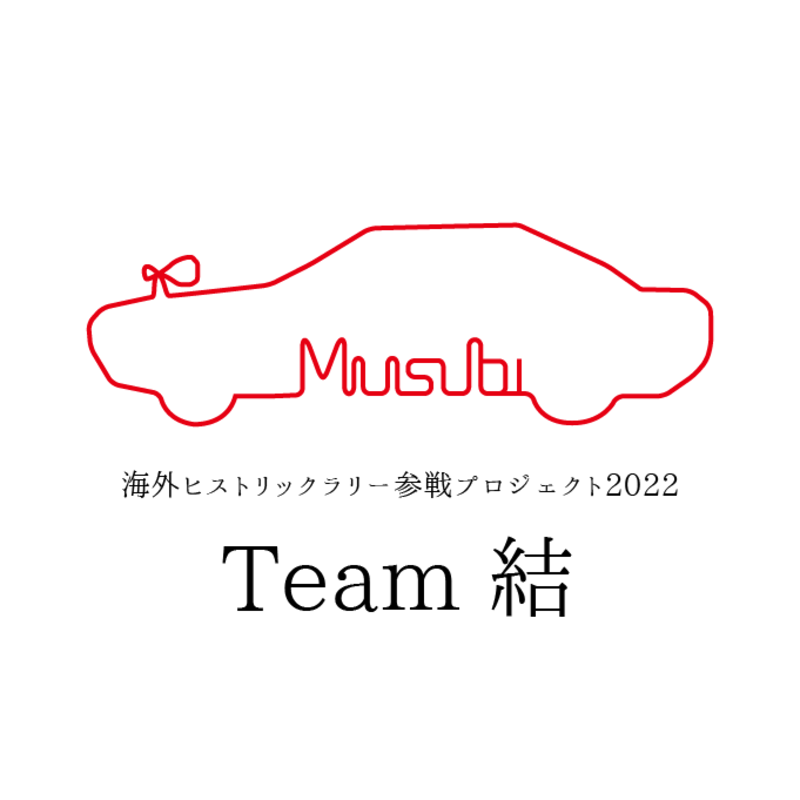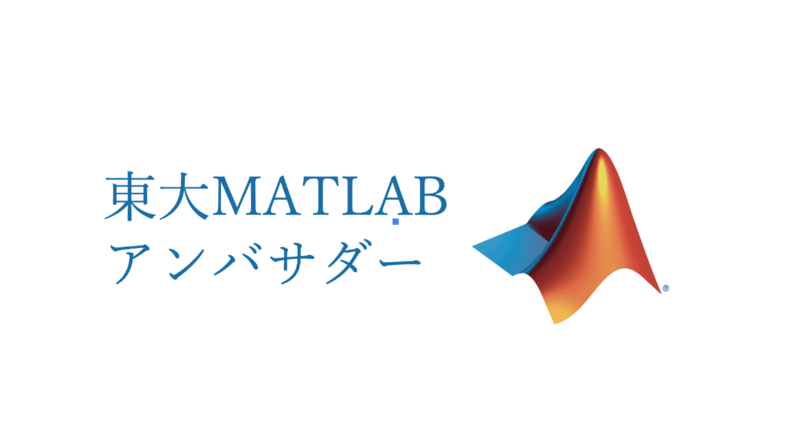UTokyo Global Unit Courses (UTokyo GUC) is a short-term inbound program for overseas students offered by the Global Campus Division, consisting of eight main courses and four courses for overseas university students. Each course has approximately 10 to 20 participants. Students from UTokyo can also participate in the program. With the completion of the course, participants will be granted a "Global Unit" issued by the Global Campus Promotion Office.
※What is a Global Unit?
・It is an activity that can be used as part of the International Comprehensive Competence Certification System.
・1 unit: 1 session of 90 minutes x 10 sessions = 15 hours, 0.5 unit: 1 session of 90 minutes x 5 sessions = 7.5 hours
・Certificate of completion is issued (no regular credits are issued by your faculty).
The following 8 courses are offered.
■Media in Japan and the World / Professor Kaori Hayashi (online, synchronous)
■Law in Transnational East Asia/ Professor Kentaro Matsubara (online, synchronous)
■Writings About Japan: Analyzing Cultural Representations, From Orientalism to Artificial Intelligence / Professor Yujin Yaguchi (on-demand, nonsynchronous)
■Group Theory and Its Applications: Introduction to Beautiful Modern Mathematics / Professor Yukari Ito (online, synchronous)
■Nanoscience / Professor Satoshi Iwamoto (online, synchronous)
■Sustainable Urban Management/ Associate Professor Kiyo Kurisu (online, synchronous)
■Early Language Acquisition: How Human Infants Learn Language Within Their Social Environment /Assistant Professor Sho Tsuji (online, synchronous)
■AI and Social Justice/ Professor Yuko ITATSU (online, synchronous)
Differences between GUC and Other Programs
What is the difference between PEAK and UTokyo GUC?
PEAK is a regular course with credits and evaluations at the College of Arts and Science, whereas GUC is outside of regular courses and is awarded with units, not credits. Also, UTokyo GUC charges a fee. (However, UTokyo students can take courses for 1/10 of the cost of overseas students.) Students are expected to take the course as an extracurricular activity after giving priority to regular courses.
Advantages of UTokyo GUC
・Familiarity: Students can take courses online from Japan. It is a "familiar" international experience that offers learning that is different from traditional study abroad programs.
・Diversity of students: Students come from all over the world, not just UTokyo students; PEAK students have many commonalities because sometimes they would participate in the same circle, but UTokyo GUC is interesting because students come from all over the world. Although most of the participants are undergraduates, there are some doctoral students as well. Due to the time difference, most of the students were from China and other Asian countries, but there were participants from all over the world, including Europe.







